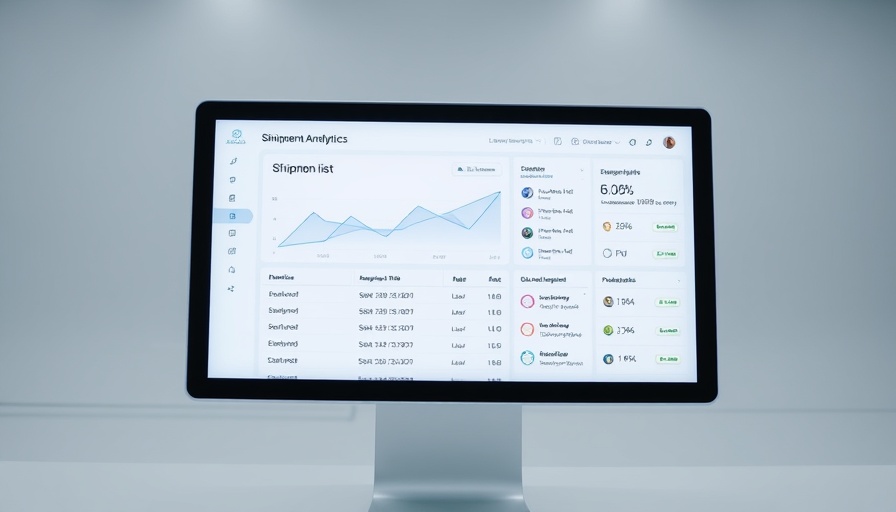
Why Location Can Influence Your Construction Success
Understanding the geographical context of your construction project is critical for minimizing risk and maximizing efficiency. Selecting a site isn’t just about the land itself; it's about the access to resources, labor, and infrastructure. A strategic location can lead to cost savings, while a poor choice can significantly inflate expenses. Gregory Duyka, drawing from his extensive experience, notes that the logistical challenges of remote sites can complicate project execution rapidly. This reality underscores the importance of thorough site analysis before securing a contract.
Build a Strong Team: It’s About Reputation
The camaraderie and expertise of your project team play pivotal roles in reducing risks. Selecting the right contractors and specialists is fundamental to the success of any construction undertaking. Greg suggests engaging with reputable firms and attending industry events to vet potential partners effectively. By leveraging corporate alliances and reputations, one can navigate unforeseen challenges with greater confidence. Tools like bid management software help facilitate this evaluation, ensuring that you are not only getting the best price but also the best players on your team.
The Importance of Communication in Project Management
Clear and open communication among all stakeholders can proactively mitigate risks linked to misunderstandings or misalignments in project scope. Regular meetings, transparent updates, and fostering a culture of collaboration can ensure that every participant understands their role and the project requirements. As Greg emphasizes, every team member’s input and feedback are invaluable; neglecting to consider these insights can lead to costly errors. Communication isn’t just about updates; it’s about building trust and understanding within your team, which is crucial in high-stakes environments like construction.
Cost Management: Keeping Financial Risks at Bay
Construction projects often face financial risks stemming from unexpected costs or overruns. Business owners and property developers must establish a comprehensive budget that includes contingencies for potential setbacks. Greg advocates the use of project management tools that can analyze financial metrics, enabling businesses to adapt quickly. Understanding market trends and historical data helps inform better decision-making, ensuring that stakeholders are prepared for fluctuations in material costs or labor availability.
Looking Ahead: Future Trends in Risk Management
The construction landscape is constantly evolving, influenced by technology, regulations, and market demands. As we look to the future, embracing innovations such as AI-driven analytics and remote monitoring will be vital in risk management paradigms. Project owners who adapt to these trends are likely to gain significant competitive advantages, ensuring low-risk operations and enhanced profitability. Assessing upcoming shifts and preparing responses can profoundly impact project outcomes.
In conclusion, reducing risk in commercial construction projects requires a multifaceted approach that considers location, team reputation, communication, budget management, and a keen eye on future trends. By leveraging these strategies, business owners and property developers stand to enhance their project success rates and cultivate sustainable practices in a challenging industry.
 Add Row
Add Row  Add
Add 




 Add Row
Add Row  Add
Add 

Write A Comment